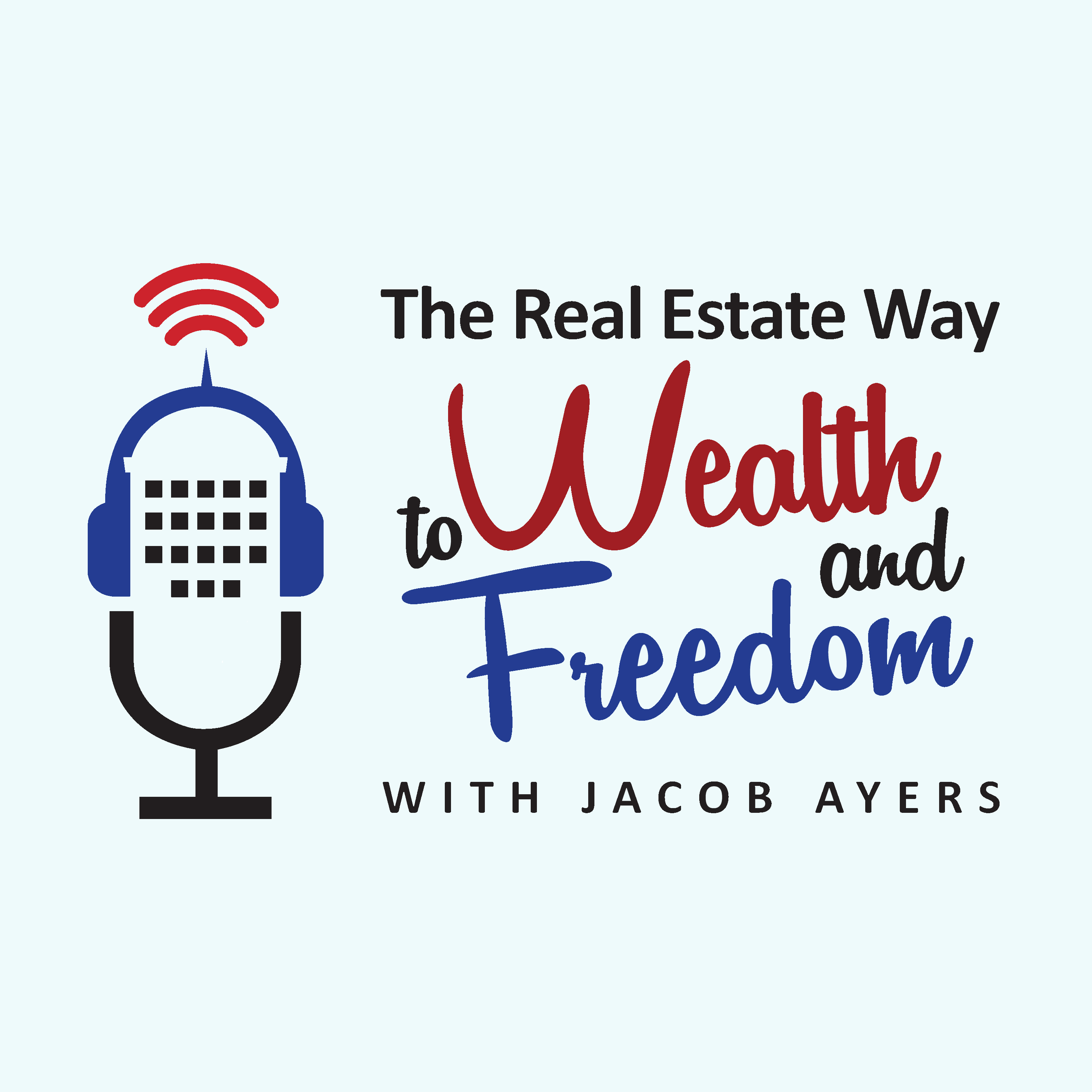169: Hauling Buckets vs. Building Sprinkler Systems Friday Fundamentals

b'An active income is one that requires you to do something. For most, this is working a job, either for an employer or for one\\u2019s self. Active income encompasses more than just working a job though. It can include active investing, building businesses, teaching, or even travelling.
\\n
\\nPassive income is income that doesn\\u2019t require you to do anything. Common types of passive income include income from investments like real estate, stocks, and even investing passively in businesses.
\\n
\\nThere are investments that can either be active or passive, depending on how you manage those investments. Real estate is a good example. If you are living in one unit of a duplex and renting out the other, then chances are that investment isn\\u2019t totally passive. You will likely be collecting rent, paying utilities, managing tenants, showing and leasing the property, hiring contractors for repairs, paying taxes, shopping insurance, etc. This structure is hardly passive.
\\n
\\nAl alternative model would be hiring a property manager to take care of all of those things. You would simply review your monthly statement from the property manager. This is a much more passive approach.
\\n
\\nSo why do we concern ourselves with active vs. passive income anyways? If you can build passive income streams, that require little to no time to manage, then you can use that time to build more and more passive income streams. Whereas, active income streams you are limited with your time an energy. There are only so many hours in the day you can work and spend energy doing.
\\n
\\nPassive income and active income can be compared using the analogy watering your garden. Your garden is your life. Watering is the fuel to your life.
\\n
\\nActive income is carrying buckets of water to that garden every day. If you don\\u2019t carry water, your garden goes unattended and left on its own.
\\n
\\nPassive income is setting up a sprinkler system that automatically waters your garden every day, whether you are attending to it or not.
\\n
\\nSo, are you carrying buckets or setting up sprinkler systems? You can ask yourself this question for more than just investing. It applies to your finances, diet, exercise, education, etc. Are you building processes and systems that will work for you? Or are you doing the same work day in and day out, wondering how you could accomplish more?
\\n
\\nReal estate investing is one of the areas where you can set up your own sprinkler systems. If you are investing in real estate but are still carrying buckets, then what\\u2019s the point? Here are some areas in which you can set up sprinkler systems in your business.
\\n
\\nSearching for deals \\u2013 this is perhaps the most time consuming task of any full time real estate investor. Finding deals is a process that requires constant work. You can find a deal, purchase it, rent it, etc. then you\\u2019re back to square one searching for the next deal. Rather than doing this one by one approach, you could instead build a pipeline of deals that come to you. There are tons of different strategies on lead generation \\u2013 from direct mail campaigns, to bandit signs, websites, etc., just to name a few. Building systems and processes that create a constant stream of deals is perhaps your most important sprinkler system. Without deals, you have no investment.
\\nAnalyzing deals. Starting out it can take hours to analyze a deal, and with one wrong assumption you can derail the entire analysis. Setting some criteria and using some rules of thumb can filter how many deals you look at in depth, leaving more time to analyze the deals that fit your investment criteria. Rather than doing napkin math on every deal, find a good calculator you can use. I like to use the rental property calculator on BiggerPockets for small multifamily rentals.
\\nRaising capital. Raising capital is not something everyone does.'